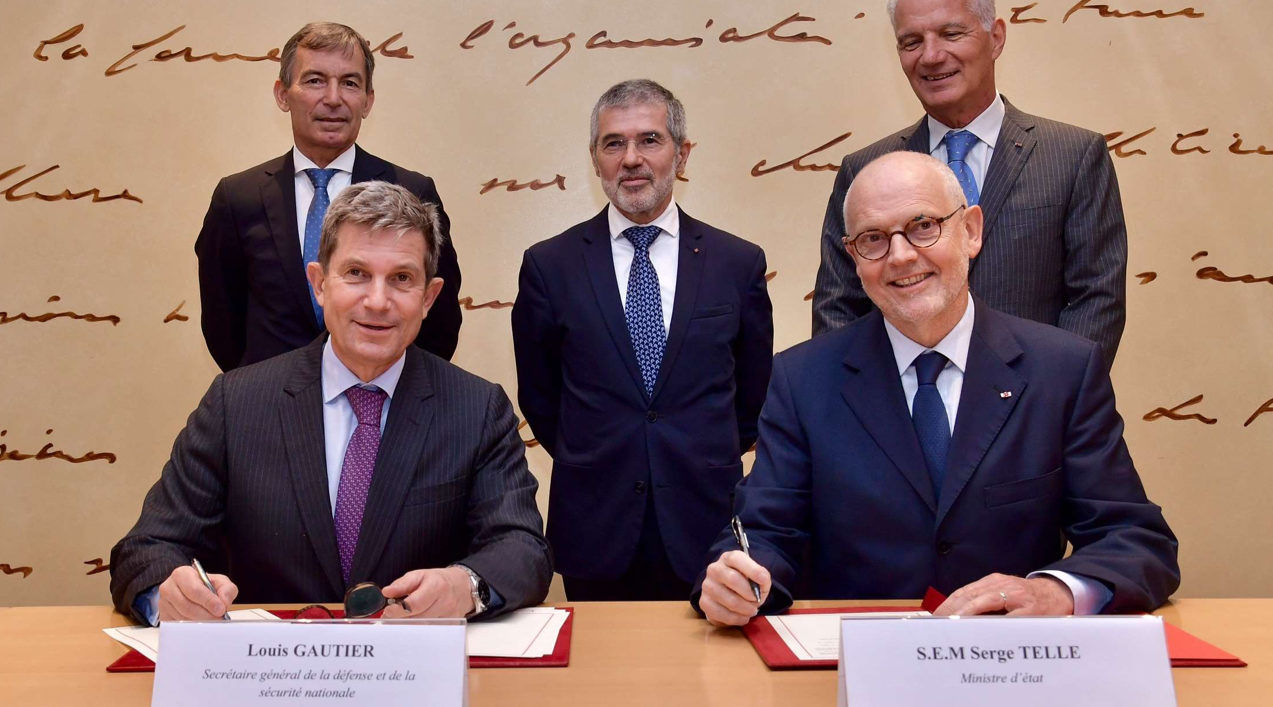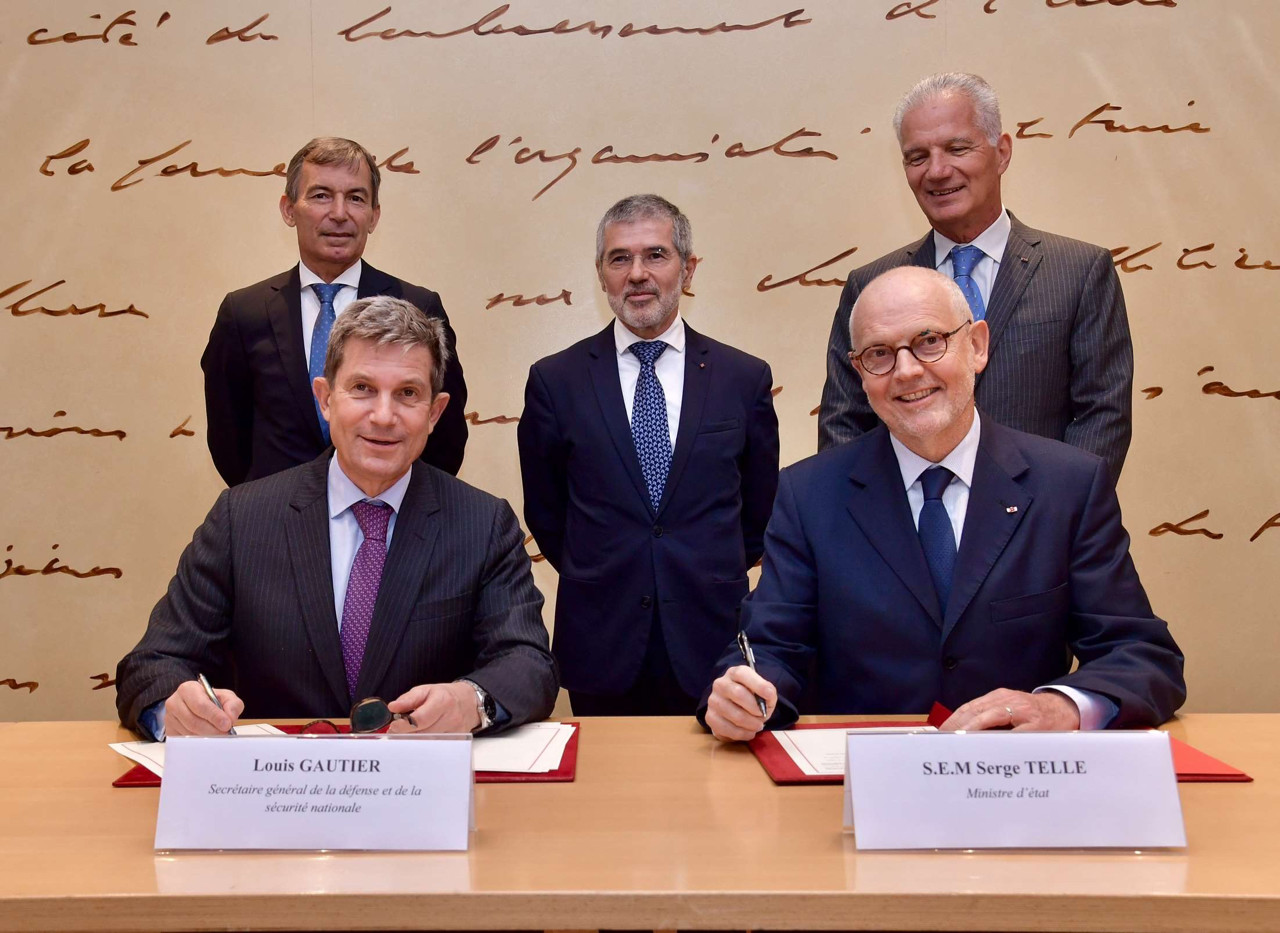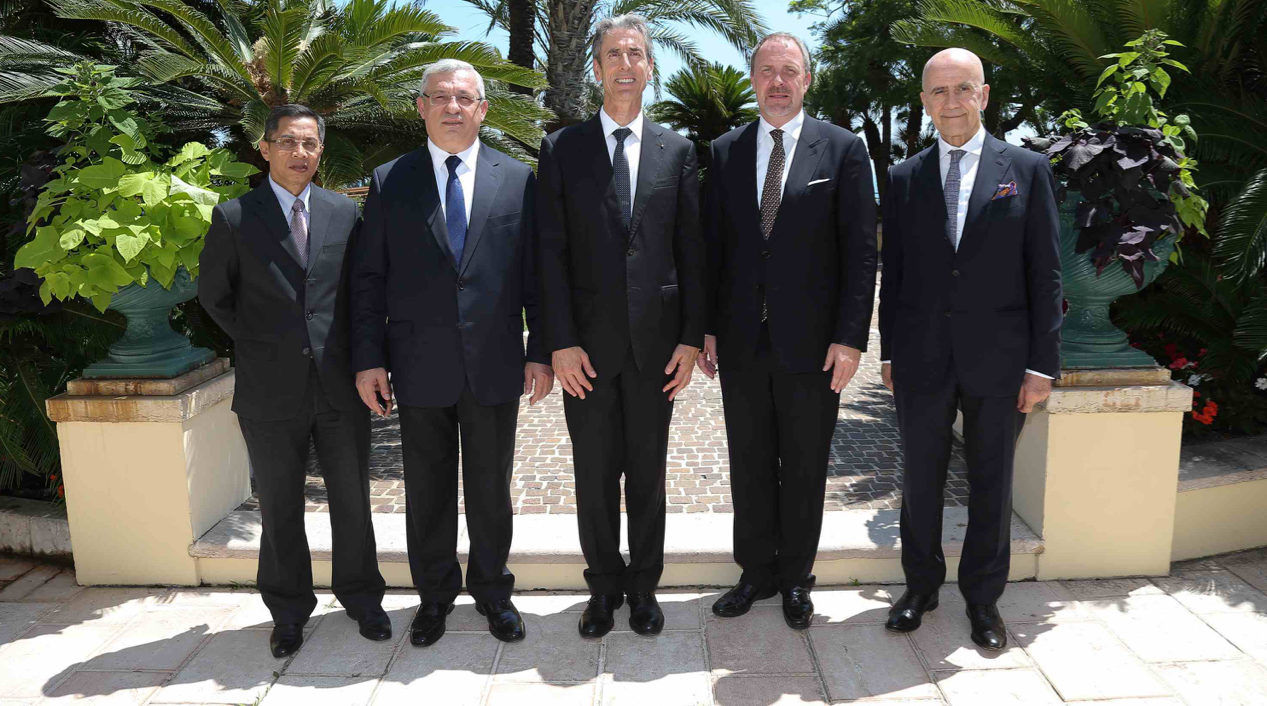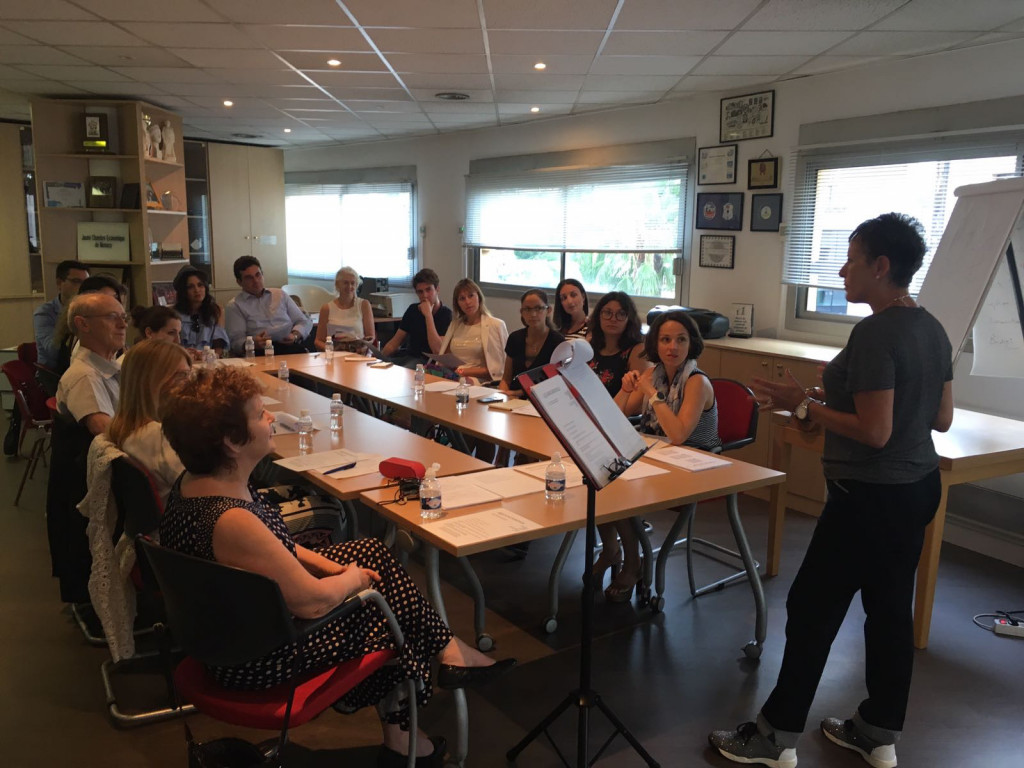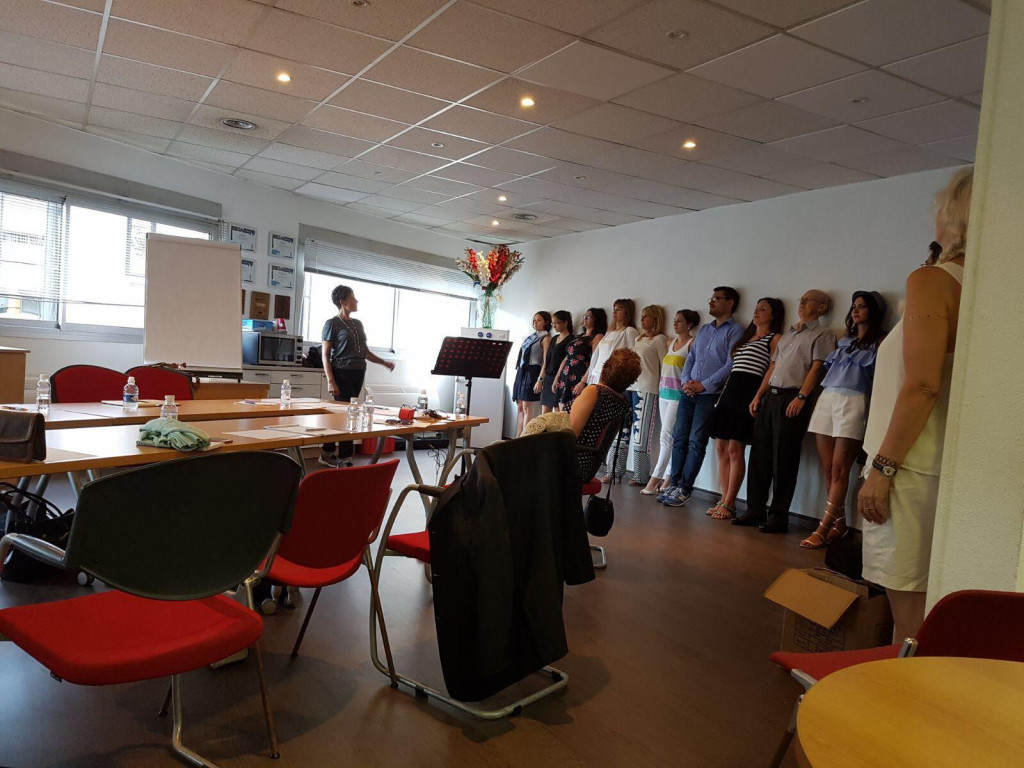
Rosemont International has drawn residents’ attention to Monaco’s Law n° 1.448, which was voted into force on June 28.
The scope of this law and its consequences on inbound investment in Monaco and for all Monaco residents are very wide. It is recommended to all Monaco residents that they review their estate planning taking into account these new rules, especially regarding the use of foreign trusts or the so called Monaco 214 trust, Rosemont said.
The law establishes that a single succession law should apply to the entire succession regardless of the nature of the assets and their situation.
The conflict of law rules specify that the succession is governed by the law of the state in which the deceased had their domicile at the time of death (art56). It is important to note that these same criteria were adopted in the European Succession Regulation, also known as Brussels IV, which harmonises certain conflict of law issues. So Monaco will apply the same rules as the EU member states, which have adopted Brussels IV.
The deceased may choose the law applicable to their succession. This choice is limited to the law of a state of which the deceased has the nationality at the time of the choice (art57).
This professio juris is a real innovation in Monaco. It will be necessary to consider case by case whether the professio juris will be recognised by other states that could be involved in the settlement of the succession; for example the state where the estate would be opened or the states where a property will be located.
In terms of succession, article 6.4 specifies that Monegasque courts are competent regardless of the domicile of the defendant when the succession is opened in the Principality or when the succession includes immovable property located in Monaco.
It is important to have an international approach of these issues taking into account new conflict of law rules and the ones existing in other jurisdictions that could be involved, Rosemont said.

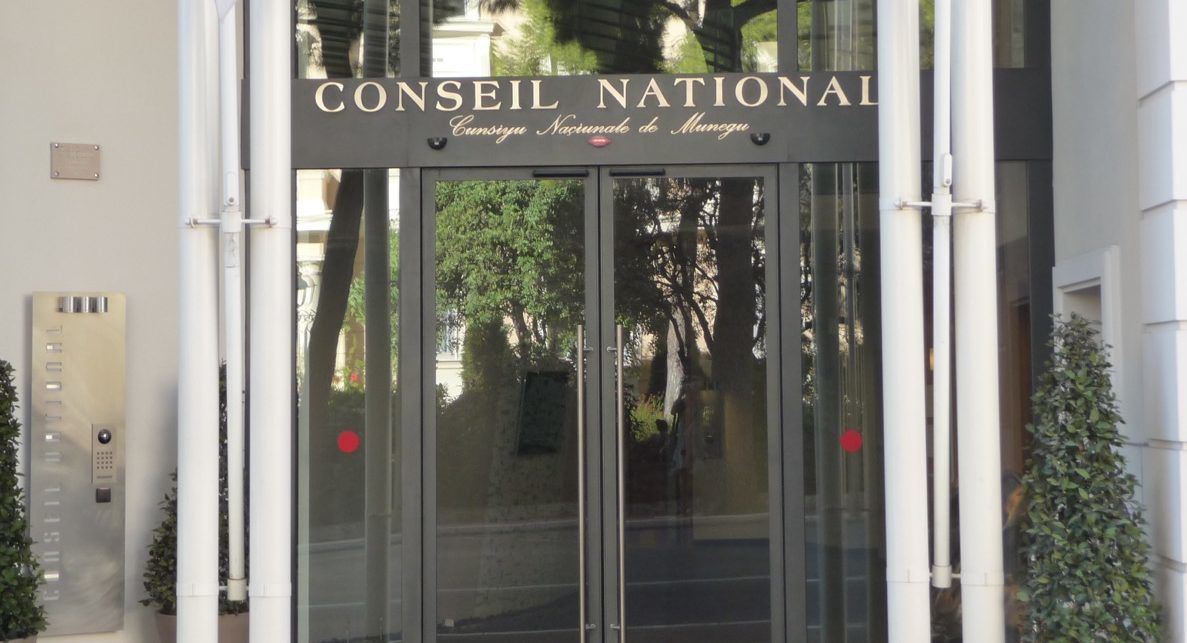
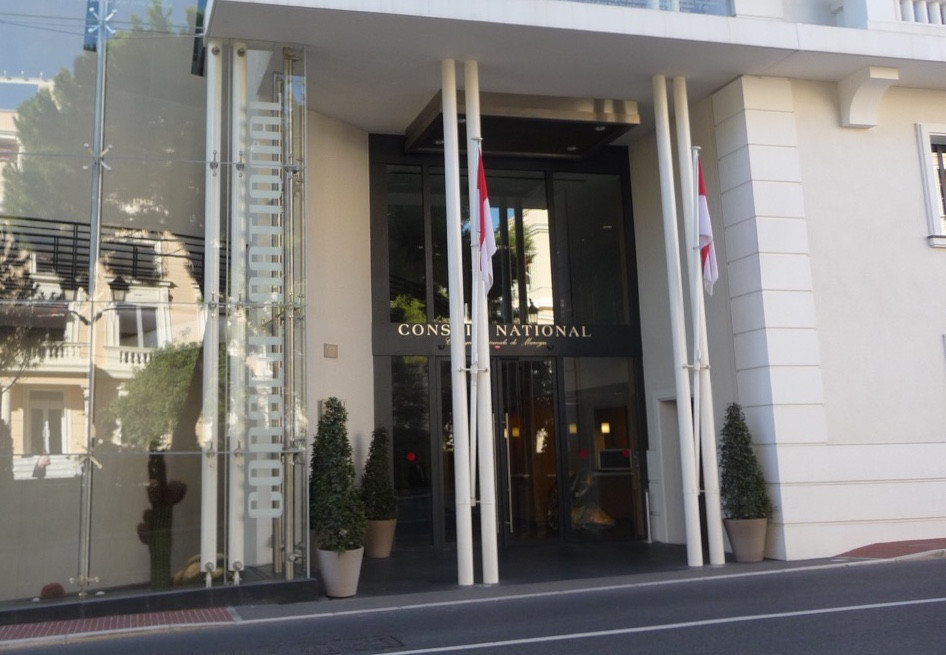 In its report on Monaco published on Thursday, July 13, the Council of Europe’s anti-corruption body (GRECO) concludes that although the management of anti-corruption policies has continued to evolve in the right direction in recent years and anti-corruption mechanisms have gradually been strengthened, there is still progress to be made.
In its report on Monaco published on Thursday, July 13, the Council of Europe’s anti-corruption body (GRECO) concludes that although the management of anti-corruption policies has continued to evolve in the right direction in recent years and anti-corruption mechanisms have gradually been strengthened, there is still progress to be made.